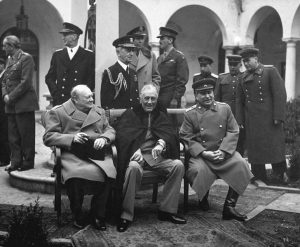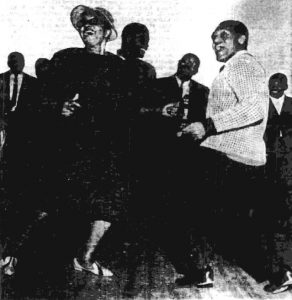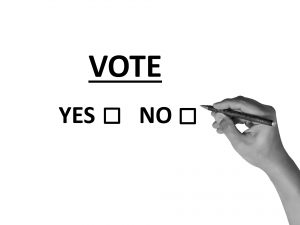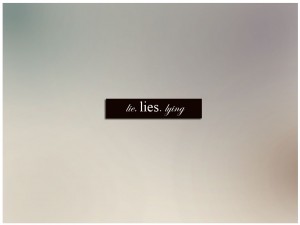Whilst pontificating on the subject of Brexit – and I promise that I will shut up again about it hereafter – there is one other thing that exercises me greatly about the current situation in the UK – and that is the nature, the misunderstanding and the abuse of democracy.
Two years down the line from the ill-thought-out exercise that was the 2016 referendum (at which everyone claims to have known exactly for what they were voting though, of course, none of them can now agree with each other as to what that was) the loudest cries come from the Brexiteers who demand that the democratic will of the people be honoured. Any suggestion that the ‘willofthepeople’ might have shifted somewhat since the referendum is met with sneers of:
“You lost. Get over it!”
It seems that to these folk democracy is a static concept and that having achieved their goal in gaining a slim majority the result is now immutable. For all time!
This is, of course, the favoured modus operandi of despots, fanatics and extremists of all hues – those who fervently demand their right of access to the democratic process – once! Should power be gained history suggests that such democratic rights as exist tend mysteriously and irrevocably to be withdrawn shortly afterwards – usually as a response to some sort of emergency (such as any opposition to those now in power).
I am not, of course, for a moment suggesting any equivalence between the Brexiteers and such fascistic regimes (though you may choose to draw your own conclusions) but I am troubled that in all of this I detect a tone – a mood – of which I had not hitherto been aware. The constant chatter of the many and disparate voices of the more prosaic Brexiteers online and in the media suggest that they believe that, through the referendum, something fundamental has changed – that those like them who had previously felt deprived of a voice have now gained one – that the dis-enfranchised, the ignored and the forgotten now have a hand on the levers of power. It is clearly this to which they refer when they talk of ‘taking back control’ and their dark mutterings against any who threaten to deprive them ever again are intended to chill.
One almost feels that one should call out a warning – so oblivious are these zealots to what is really happening. They seem blind to the obvious fact that they are being ‘played‘ by a relentlessly determined and extreme ‘elite’ who are almost certainly going to be the only ones to emerge from a ‘hard‘ Brexit (should that be what the UK ends up with) better off (in their case probably considerably so).
Further – having observed the emergence of this new mood throughout significant parts of the land, those who are actually calling the shots will certainly ensure that never again is the populace as a whole given the slightest chance to repeat this ‘show of strength‘. Control may well have been ‘taken back‘ – but not by those who currently suffer the greatest democratic deficit.
When what I should almost certainly should not call ‘the great unwashed‘ discover that not only are others going to enrich themselves at their expense, but also that their glimpse at the controls of the mechanisms of state has been but a fleeting one…
…they are not going to be happy!







 “The worst part about being lied to is knowing you weren’t worth the truth”
“The worst part about being lied to is knowing you weren’t worth the truth”




Recent Comments